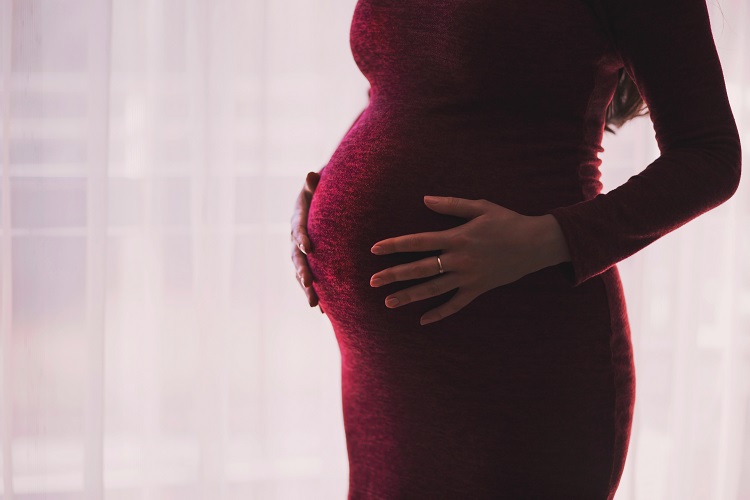Four in ten women face discrimination in the labor market if they are pregnant or have recently given birth. For about half of the women with temporary contracts, they were not renewed because of their pregnancy or the birth of a child. However, this is not allowed: an employer may not reject a female employee because she is pregnant or wants to become pregnant. Inquiring about a desire for children during a job interview is also prohibited. So says the Autoriteit Persoonsgegevens in response to a report by the Human Rights Board published today.

The survey asked 1,150 working women who had a child in the past four years about their experiences of discrimination at work, or during their job search.
According to Adriana van Dooijeweert, president of the College, 43 percent of women in the labor market have experienced situations that indicate pregnancy discrimination. For example, one in five women was rejected in job applications because of pregnancy, motherhood or desire to have children. In one out of ten cases, the employer admitted in fairness. One in three women who were about to sign a new contract had their employment contract modified or even revoked at the very last minute.
Furthermore, the study by the Human Rights Board shows that for almost half of all working women (49 percent) with a temporary contract, their contract was not renewed or converted to a permanent position. According to those surveyed, this was due to their pregnancy or motherhood. Another form of pregnancy discrimination that a quarter of respondents (26 percent) faced was having worse working conditions imposed on them. The employees missed out on promotions, salary increases or bonuses, were not allowed to attend training or experienced problems making arrangements for maternity leave or returning to work after maternity leave.
Pregnancy discrimination is not always well recognized, according to the Board. "We also often see that women are too understanding of an employer. They often then think along with the employer and think too little about their own rights," Van Dooijeweert told NOS. Consequently, they do not often raise the alarm: only one in nine respondents (11 percent) said they have ever done so.
College research shows that pregnancy has a major impact on women when it comes to work. "Some women work below their level because of this, think they are getting less salary than they are entitled to, or have had a worse relationship with their supervisor because of pregnancy," Van Dooijeweert noted. "By becoming a mother, women sometimes struggle to make ends meet financially, or experience physical or psychological complaints." One in eight women believe she has fallen behind in her career compared to colleagues.
According to the Human Rights Board, little has changed over the past eight years when it comes to pregnancy discrimination. Speaking to NOS Radio 1 Journaal, Van Dooijeweert said that the figures are virtually the same as those from 2012 and 2016, when the College first investigated the phenomenon. According to the board chairman, it is therefore high time that measures are taken.
First, it is up to the Ministry of Social Affairs and Employment to combat pregnancy discrimination by enforcing equal treatment legislation. "In doing so, employers need to have tools to be well informed about the legislation and be helped to have the conversation in the workplace about what you encounter when combining pregnancy and work," Van Dooijeweert said.
Furthermore, the government should take the lead in educating business owners, employers and employees about pregnancy and work. Not all parties are equally aware of their rights and obligations. The steps taken in recent years to improve the information position of working women, there is still too little progress.
Following the report of the Human Rights Board, the Autoriteit Persoonsgegevens is jumping into the breach for working women who experience pregnancy discrimination. On its website, the regulator writes that women do not have to indicate during a job interview that they are pregnant or wish to have children. Should you still face this question, you do not have to answer it truthfully. Of course, if you choose to, you may tell on your own accord. But an employer may not turn you down for a job if you are pregnant or want to become pregnant.
To broaden the discussion a bit: an employer may not inquire about your health during a job interview. Nor may he ask questions about your past sick leave. If your health is of direct relevance to the job you are applying for, you must indicate this on your own initiative during the job interview. Suppose you become unfit for work due to an illness or disability that you concealed during the job application, this can have consequences for continued payment of your wages while you are sick. In extreme cases, your employer can summarily dismiss you.
Finally, an employer should not ask for a copy of your ID during the application process. This is because it contains personal information that should have no bearing on the application process, such as your passport photo and nationality. When you enter the workforce, your employer is obliged to have a copy of your ID. This also applies if you register with an employment agency.
View the full College report here: 'Pregnant and work: that worries'

